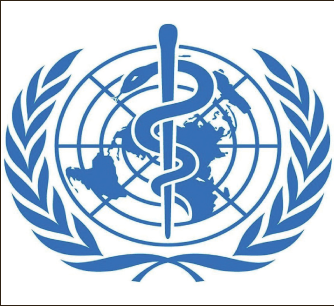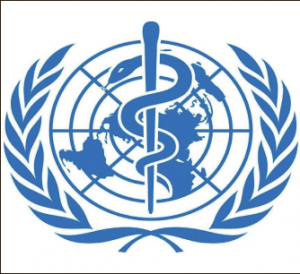World Malaria Day

Special day planned to spread awareness and bring an end to this world-wide crisis
The sixth annual World Malaria Day, a day initiated by the World Health Organization (WHO) to bring awareness to the disease’s global and deadly impact, will be held on April 25, 2012.

Squashing malaria — Organization works to stop the spread of a disease that is as big of a killer as the lack of clean water in Africa, but on a global scale. World Health Organization
The WHO reports that there are more than 216 million malaria cases in over 100 countries annually and estimates that 655,000 people die each year as a result, proving how dire of a threat malaria is to third-world countries. Although countries around the world are affected by this mosquito-transferred disease, approximately 85-90 of all malaria cases occur in sub-Saharan Africa. More than anything, the disease impacts children and at-risk individuals, particularly pregnant women.
The malaria problem is as large-scale in some countries as the need for clean water sources in sub-Saharan Africa, according to Cyrus Mad-Bondo, Director of Africa Projects for humanitarian organization World Help, showing how important of an issue this is for the world.
Mad-Bondo was born and raised in the Central African Republic and has seen the wide-spread impact of the infectious disease with his own eyes.
“When there’s a malaria outbreak, you just prepare for the worst. It overwhelms the system,” he said.
Malaria and poverty are directly intertwined, Mad-Bondo said. Impoverished and unimproved communities are often breeding grounds for mosquitoes, which increases malaria cases, resulting in perpetual sickness and less opportunities for communal and economic development, he said.
According to WHO reports, “Malaria can decrease gross domestic product by as much as 1.3 percent in countries with high disease rates.”
Yet malaria awareness is growing as the WHO seeks to shed light on the often deadly, but preventable, disease. Through World Malaria Day, the organization seeks to not only provide education about the disease, but to encourage medical, scientific and academic professionals to propagate their research and findings.
The organization also aims to foster relations between affected countries in order for them to learn from each other and garner mutual support, according to the WHO campaign. Above all, the goal of World Malaria Day is to make progress toward ending this terrible global crisis.
“The best way to deal with [the malaria crisis] is to take preventative measures,” Mad-Bondo said.
Because individuals are most vulnerable to mosquito bites when they sleep, insecticide-treated mosquito nets are the most effective and common form of malaria prevention in developing countries. Still, less than five percent of children in sub-Saharan Africa sleep under them according to Nets For Life, a popular humanitarian aid group collaboration.
Global malaria advocates anticipate that as awareness spreads, simple precautions like mosquito netting, immunizations and mosquito population control will gain greater ground in developing nations.
Malaria deaths have been cut by more than 30 percent in Africa within the last decade, WHO statistics show.
“However, these gains are fragile and will be reversed unless malaria continues to be a priority for global, regional and national decision-makers and donors,” according to the WHO’s World Malaria Day campaign website.
“Long-term success will also depend on investments in on-going research and development to combat emerging threats such as parasite resistance,” the website said.
By 2015, the WHO aims to reach a “near-zero” volume of malaria-related deaths by partnering with field professionals and malaria awareness advocates, but this will not be possible without the cooperation of Christians. And an important first step in spreading awareness is through the recognition of World Malaria Day.

Dear Claire, I would like to bring your attention that people from all religion, community are taking part in controlling malaria. Your statement that the control of malaria is not possible without the participation of christians. Kindly do not make the unwanted comments in future . Regards